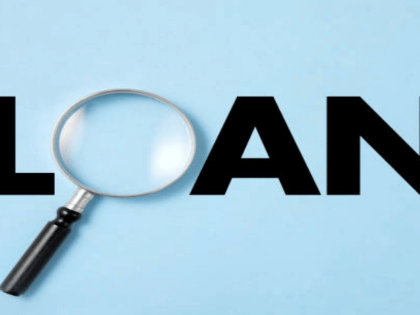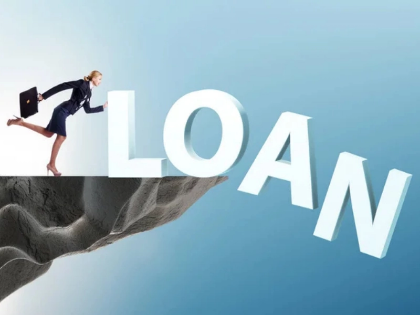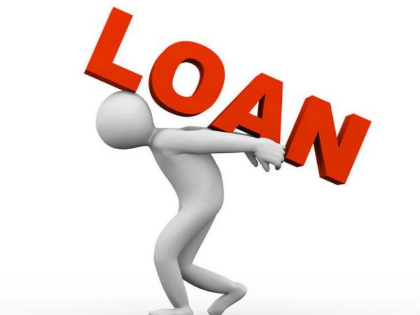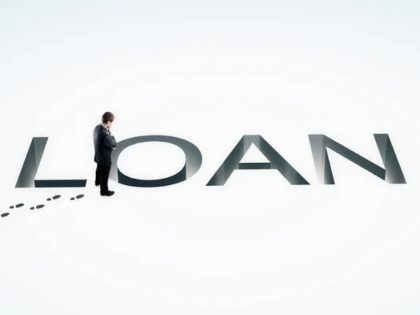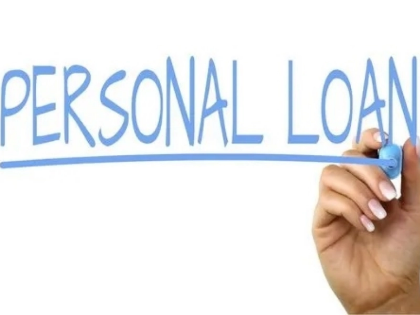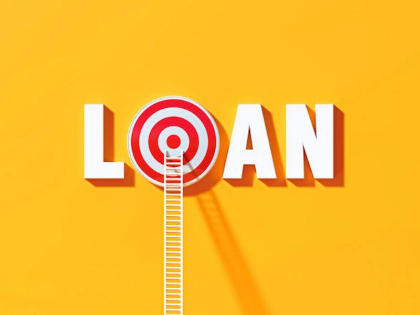Personal Loans: The Secret to Reaching Your Financial Objectives
When used sensibly to accomplish certain goals without endangering long-term financial stability, personal loans are useful financial instruments. They give you the option to take on more debt while also giving you the chance to establish credit because they notify credit bureaus of your regular payments.
Unexpected costs, such as house repairs, auto repairs, or medical bills, can be stressful, particularly when they come up out of the blue. If you want to avoid blowing up your emergency fund or accruing more debt from credit card debt and payday loans, a personal loan can be a viable option.
1. Easy access to money
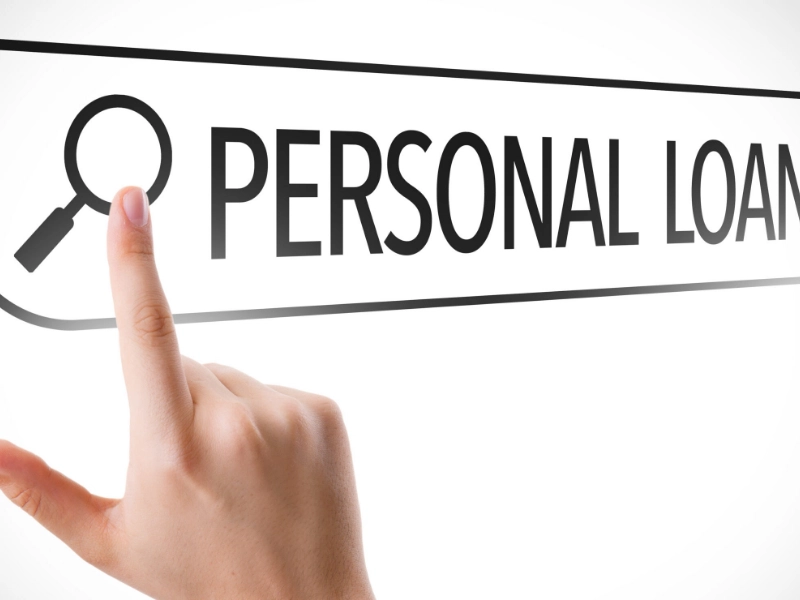
Quick access to money is made possible via personal loans, which can be used for a number of things. They can be used to settle credit card debt, fund a significant purchase, or cover an unexpected house repair. They can also be used, via debt consolidation, to settle other loans.
Lenders will check your credit history when you apply for a personal loan to see if you can fulfill your repayment commitments. In addition, they'll examine your income and debt-to-income ratio.
Your lender may require up to a week for the approval process. However, if you are a current customer, certain lenders offer expedited processing. Before choosing a lender, examine your options, because some of them include origination costs. Thankfully, there are a number of online lenders who do not impose these costs.
2. Adaptable Modes of Payment

Personal loans, in contrast to credit cards, are usually payable in regular monthly installments that include principal and interest. This aids in improving your debt payment management. You can apply any windfall, such as a bonus or tax refund, to your loan in order to shorten the duration of your debt and pay it off faster.
Furthermore, unlike some other forms of financing, personal loans have a predetermined payback time and don't require collateral, allowing you to know exactly when you will be debt-free. Just remember that late payments can seriously lower your credit score, so make sure you make them on schedule.
3. Combine your loans

Although personal loans are excellent resources for assisting with unforeseen costs and debt consolidation, they must be handled carefully to prevent financial hardship. Use a loan affordability calculator to make sure you are only borrowing what you need, and make sure the monthly payments don't exceed your spending limit.
In the long term, personal loans may save you money because they have cheaper interest rates than other credit options. Paying off high-interest credit card debt with a personal loan can help you lower your debt-to-income ratio and raise your credit score in the process.
A personal loan can also be used to pay for planned expenses like a new automobile or home renovation. To reduce your financial risks and costs, conserving and making plans for these kinds of expenses is always the best course of action.
4. Get a Better Deal

You might be able to negotiate better terms and rates on a personal loan than you would on a credit card if you have a stable income stream and an excellent credit score. Using an online tool like Experian CreditMatch, which allows you to view the loans you're likely to qualify for without affecting your credit score, you may identify lenders that provide affordable personal loan offers.
Lenders will consider your debt-to-income ratio and payment history when you apply for a personal loan in order to decide on the interest rate and length of the loan. This is so that it may be estimated how well you will be able to manage repayments based on your credit history and debt-to-income ratio. When utilized sensibly, debt can be an effective instrument for achieving your financial objectives.
5. Raise your credit rating.

Despite the fact that it might seem paradoxical, getting a personal loan can raise your credit score and help you achieve your financial objectives. This is due to the fact that prudent borrowing practices, like paying your bills on time, can raise your credit score and qualify you for future lower rates.
Personal loans usually have predetermined terms for repayment, so you know exactly when your debt will be settled. When making a loan offer, lenders also take your income, debt-to-income ratio, and payment history into account to determine your trustworthiness. In order to make sure there are no mistakes that can lower your chances of being accepted, they will also review your credit record.

